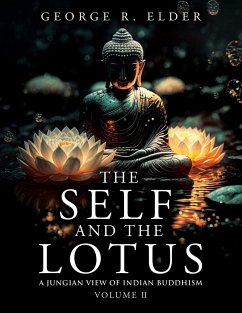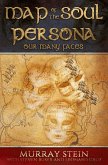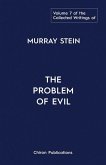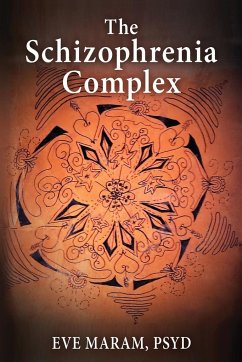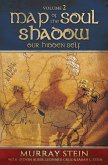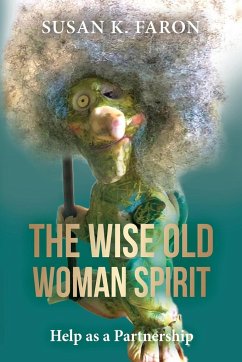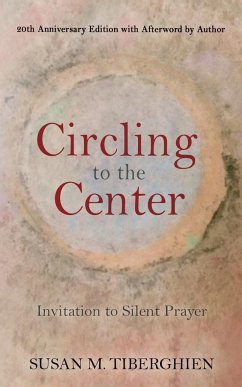It is obvious to thoughtful persons that our culture is undergoing a major transition--as is our religion, the carrier of values and guide to meaning. It is essential, therefore, that we understand how religion functions when a culture is alive and well. Observing how it has functioned elsewhere, in another time and place, is a good way to gain objectivity about the religious life. And this survey of ancient Indian Buddhism serves that purpose. It is important, too, that we try to interpret ancient wisdom in a modern way so that it has meaning for us. Thus, this work on Buddhism introduces the psychology of C. G. Jung and demonstrates to what extent Jung knew about Buddhism, how he used it to comment upon the psychology of religion in general. This is the second volume of a two-volume work. Following the first volume's exploration of the "Life" of the Buddha and "Early Buddhist" teaching, this volume explores "Mahayana" teaching, Buddhist "Philosophy," and "Tantra." At important junctures of the discussion, the author pauses to reflect from the point of view of Jungian psychology.
Hinweis: Dieser Artikel kann nur an eine deutsche Lieferadresse ausgeliefert werden.
Hinweis: Dieser Artikel kann nur an eine deutsche Lieferadresse ausgeliefert werden.

